Theory of Computation - CS 3823 - Theory of Computation Resource

Empowering computation theory learning with AI.
Get Embed Code
Understanding Theory of Computation - CS 3823
Theory of Computation - CS 3823 is designed to provide a foundational understanding of computational theory, focusing on key concepts such as automata theory, computability, formal languages, and complexity theory. It serves as a tool to explore the capabilities and limitations of computing machines, from simple automata to Turing machines, and to understand the mathematical properties of computer algorithms. For example, it explores how deterministic finite automata (DFA) can be used to recognize patterns within strings, providing a basis for understanding more complex computational concepts like regular expressions and their applications in text processing and syntax parsing. Powered by ChatGPT-4o。

Core Functions and Applications
Automata Simulation
Example
Simulating a DFA to recognize binary strings ending in '01'.
Scenario
In software development, particularly in parsing and text processing, understanding how DFAs work can help in creating efficient pattern-matching algorithms. For instance, a developer could simulate a DFA to efficiently filter logs or data streams for specific patterns.
Complexity Analysis
Example
Analyzing the time complexity of sorting algorithms.
Scenario
Computer science students or algorithm designers can use complexity analysis to compare the efficiency of different algorithms under various conditions. This function aids in selecting the most efficient algorithm for data sorting in large-scale database systems, enhancing performance and resource utilization.
Turing Machine Concepts
Example
Exploring the concept of Turing-completeness with a universal Turing machine model.
Scenario
This is particularly relevant in theoretical computer science research and education, where understanding the bounds of what can be computed is crucial. It can lead to insights into the design of programming languages and the development of new computational paradigms.
Target User Groups
Computer Science Students
Students enrolled in computer science or related fields who seek a deeper understanding of the theoretical underpinnings of computation. Theory of Computation - CS 3823 can assist in their academic pursuits, particularly in subjects related to automata theory, complexity, and computability.
Software Developers
Developers looking to improve their understanding of algorithm efficiency, pattern matching, and the theoretical limits of computation can benefit. This knowledge can lead to more efficient, scalable, and robust software solutions.
Academic Researchers
Researchers focusing on theoretical computer science, algorithm design, or computational complexity can use Theory of Computation - CS 3823 as a tool to aid in the formulation and testing of hypotheses, teaching, or developing new computational models.

How to Use Theory of Computation - CS 3823
1
Start by accessing yeschat.ai to explore its capabilities with a free trial, no login or ChatGPT Plus subscription required.
2
Select the Theory of Computation - CS 3823 tool from the available options to specifically focus on computation theory-related inquiries and tasks.
3
Utilize the tool to ask questions, solve problems, or gain insights related to automata theory, complexity theory, computability theory, and related fields.
4
For an optimal experience, prepare your questions or topics in advance, ensuring they are clear and specific to make the most out of the tool's capabilities.
5
Engage with the tool's responses by asking follow-up questions or requesting further clarification on complex topics to deepen your understanding.
Try other advanced and practical GPTs
Tutor IA y Computacion Cognitiva
Empowering Advanced AI Education
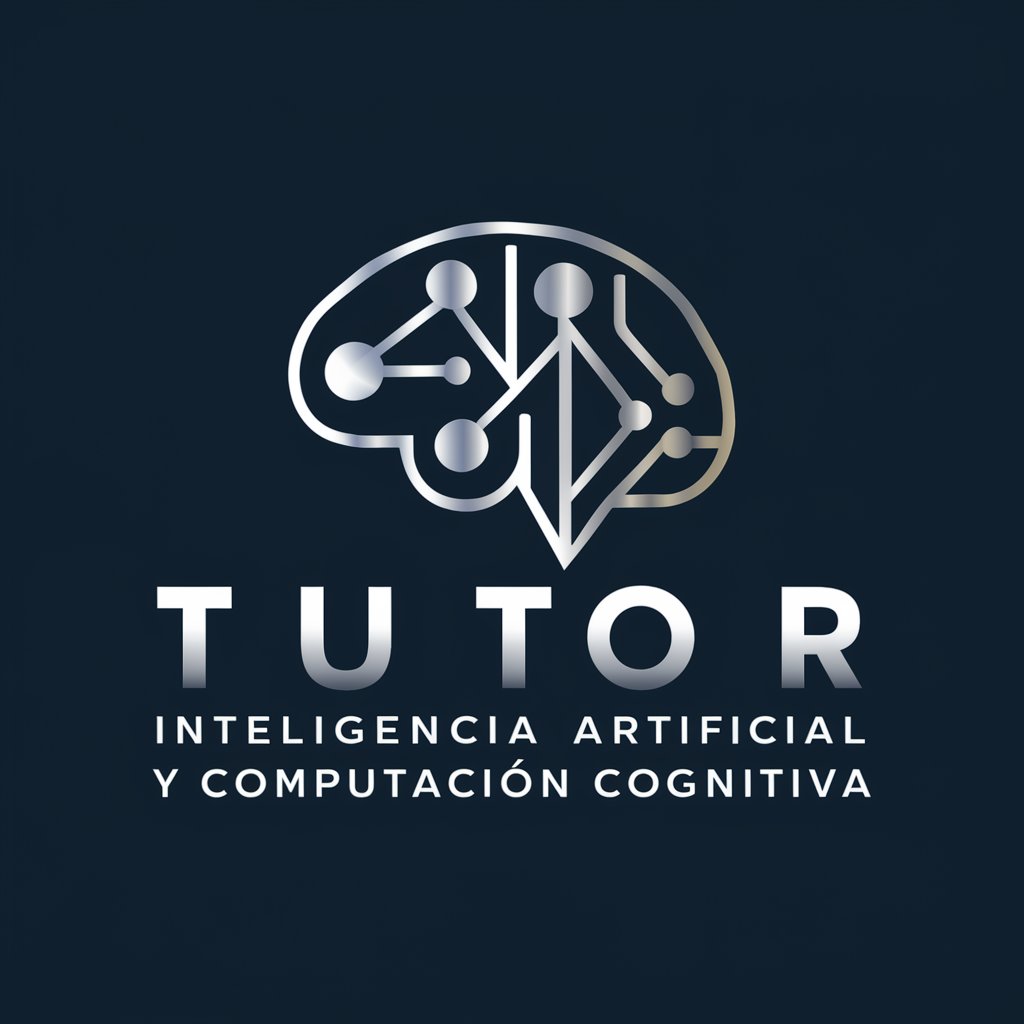
Computacion
Empowering creativity and efficiency with AI
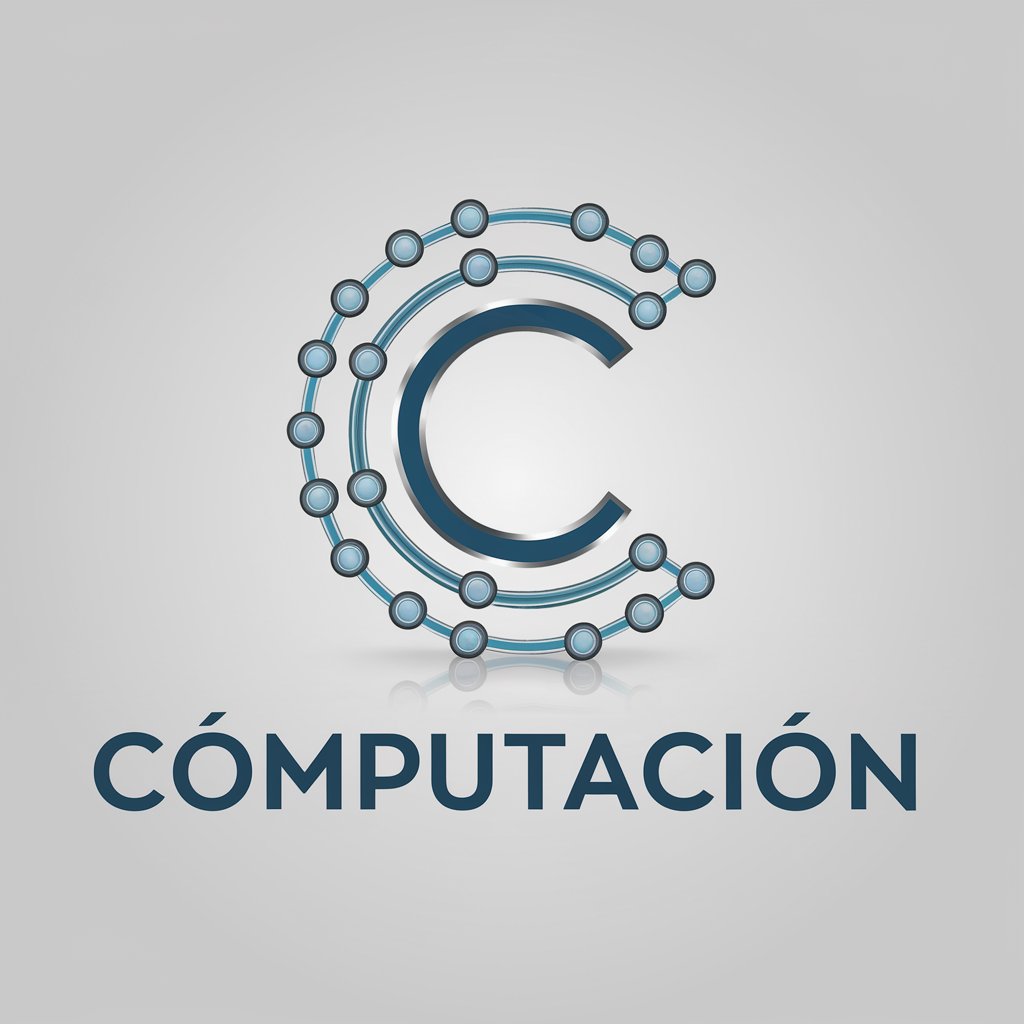
Quantum Computation Tutor
Demystifying quantum computing with AI
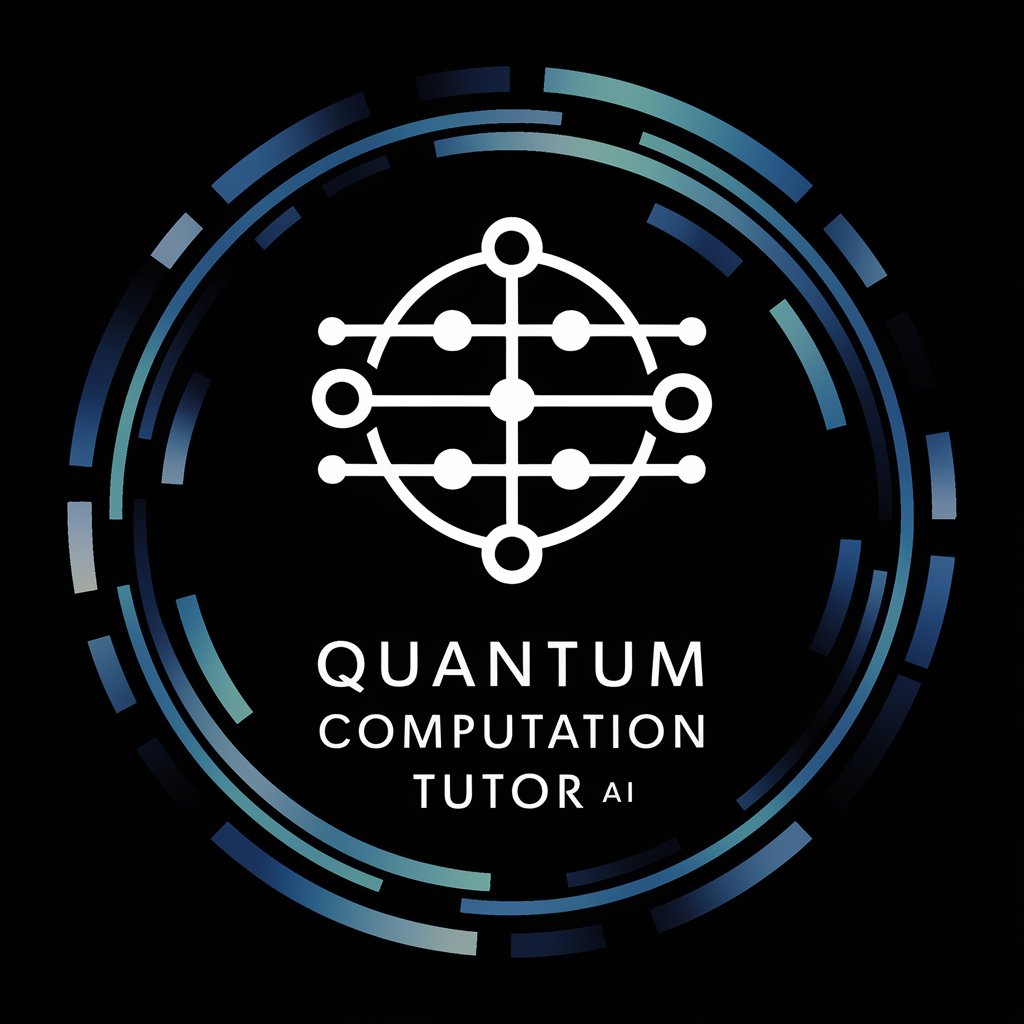
Parallel and Distributed Computation
Empower computation with AI efficiency
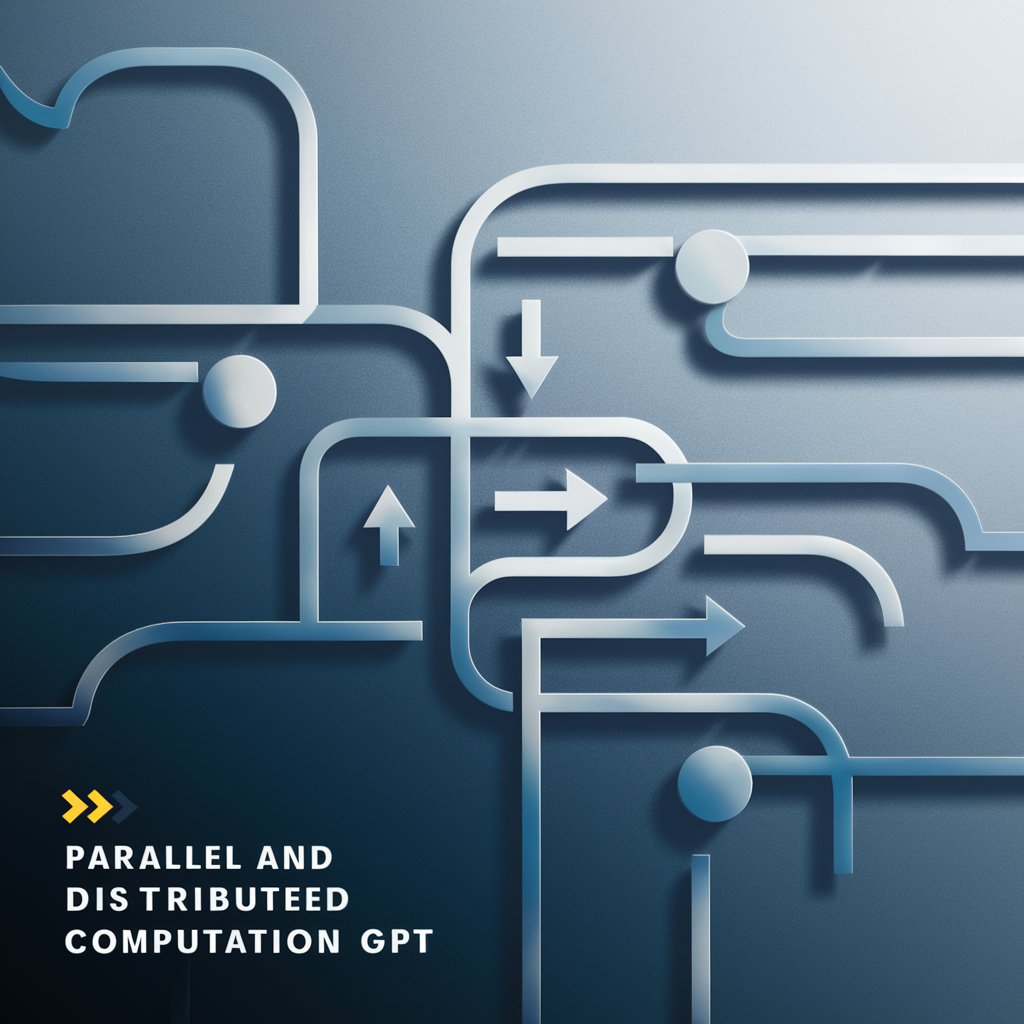
Computation Linguist
Empowering language theory and computational insights with AI.
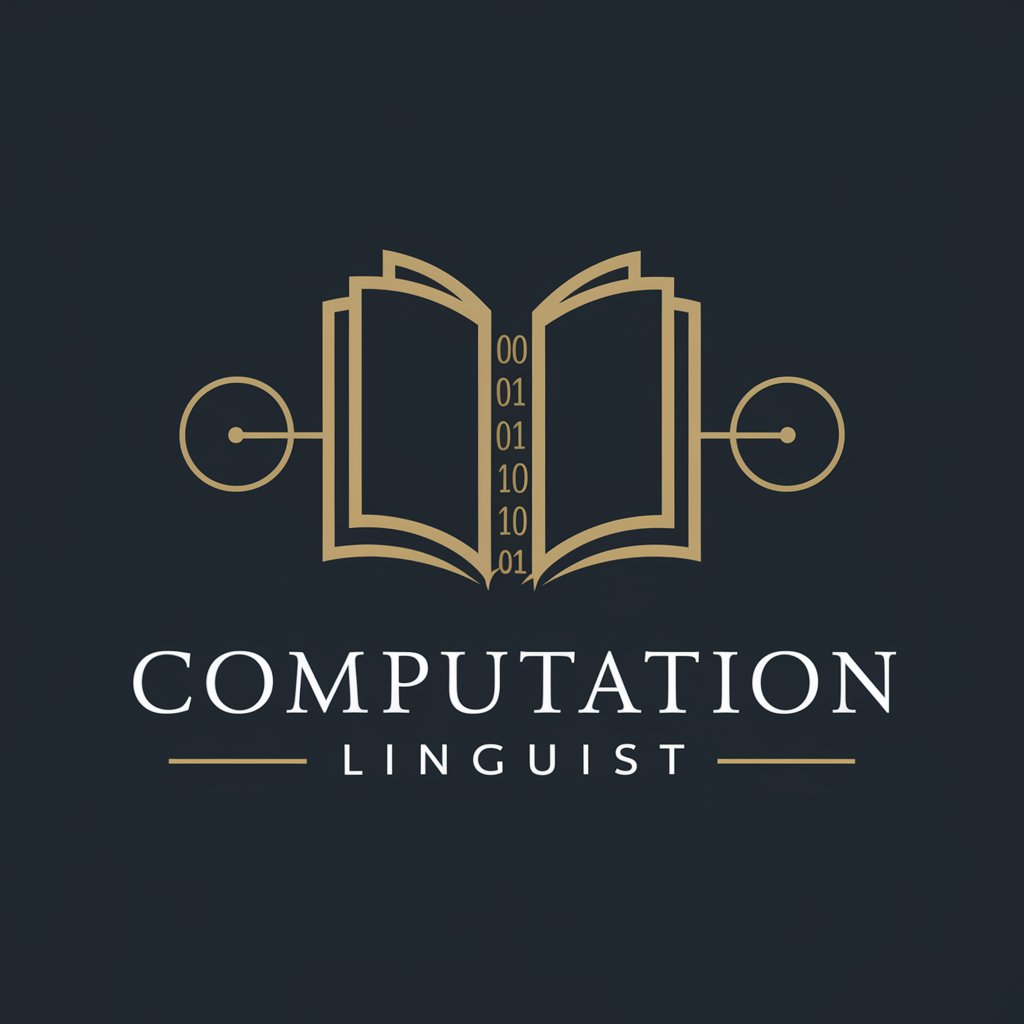
Computational Finance scholar
Empowering finance with AI-driven insights.
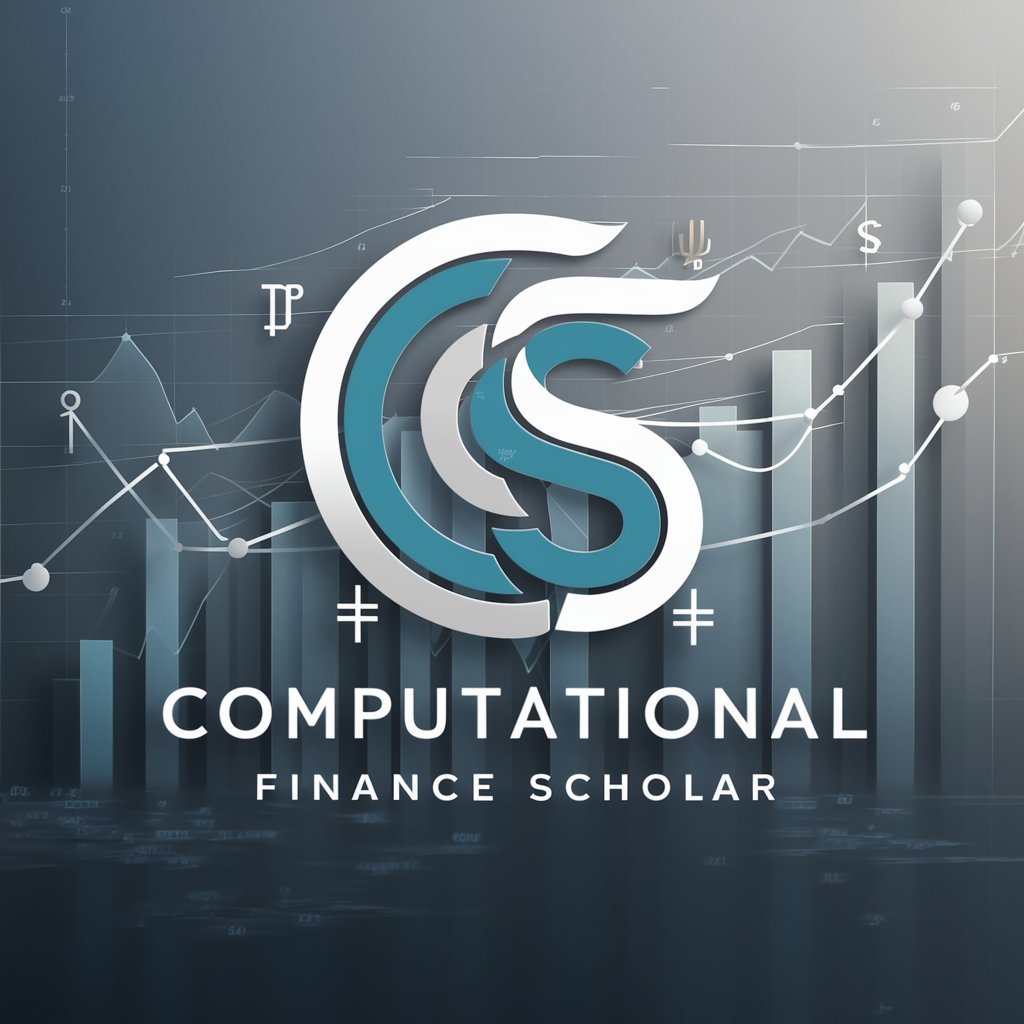
Openness Computation
Unlocking Infinite Possibilities with AI
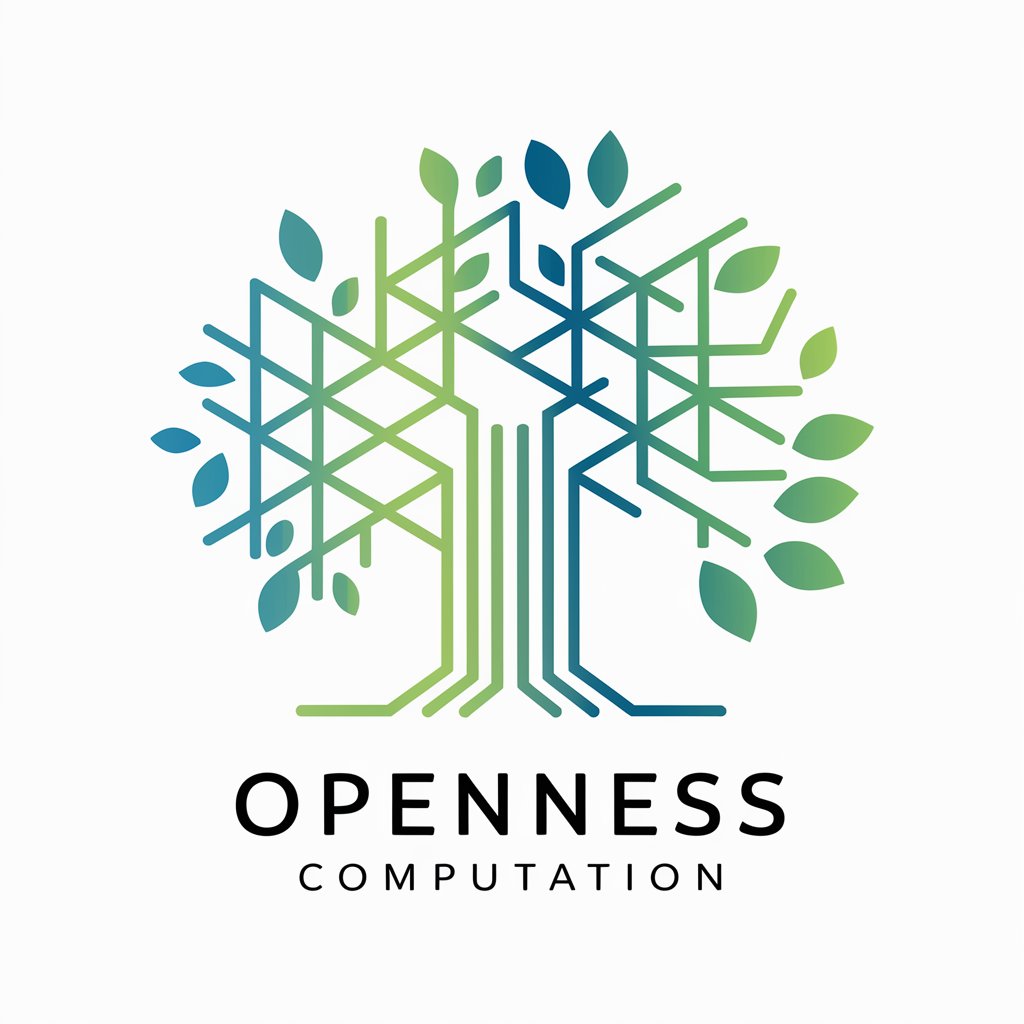
4039 Assignment - Computation Mathmatics
Empowering Mathematical Insight with AI
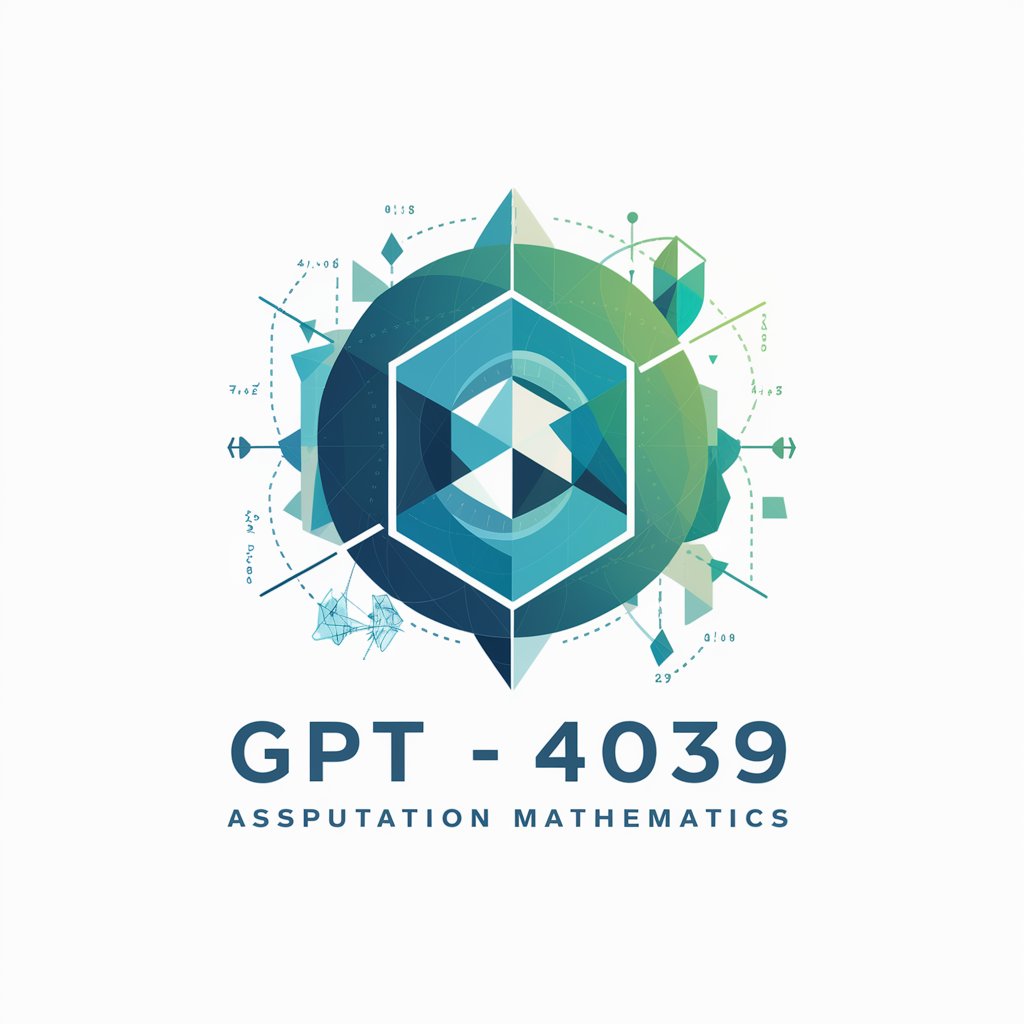
Expert in information,computation, communication
Empowering your knowledge journey with AI expertise
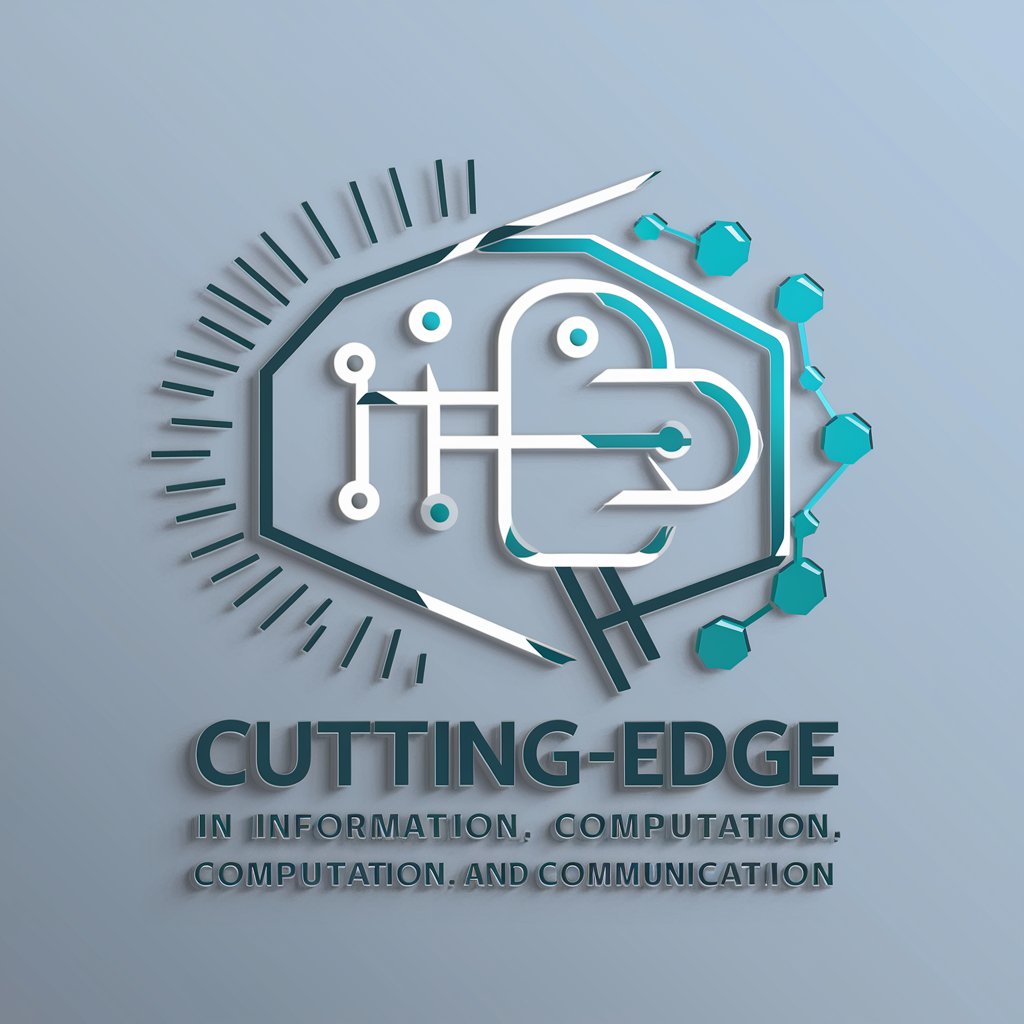
NLP Computational Linguistics Expert
Empowering language understanding with AI
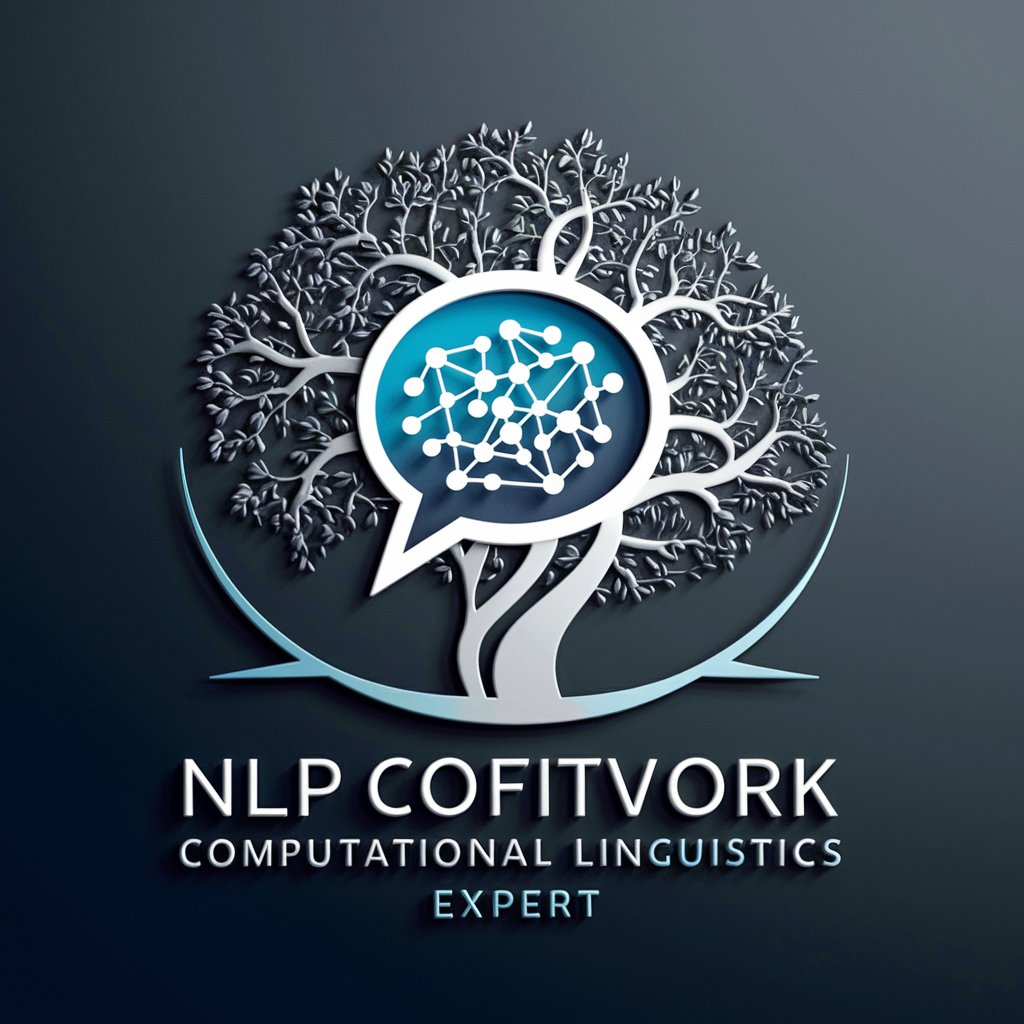
イノベ君
Sparking Innovation with AI Insights
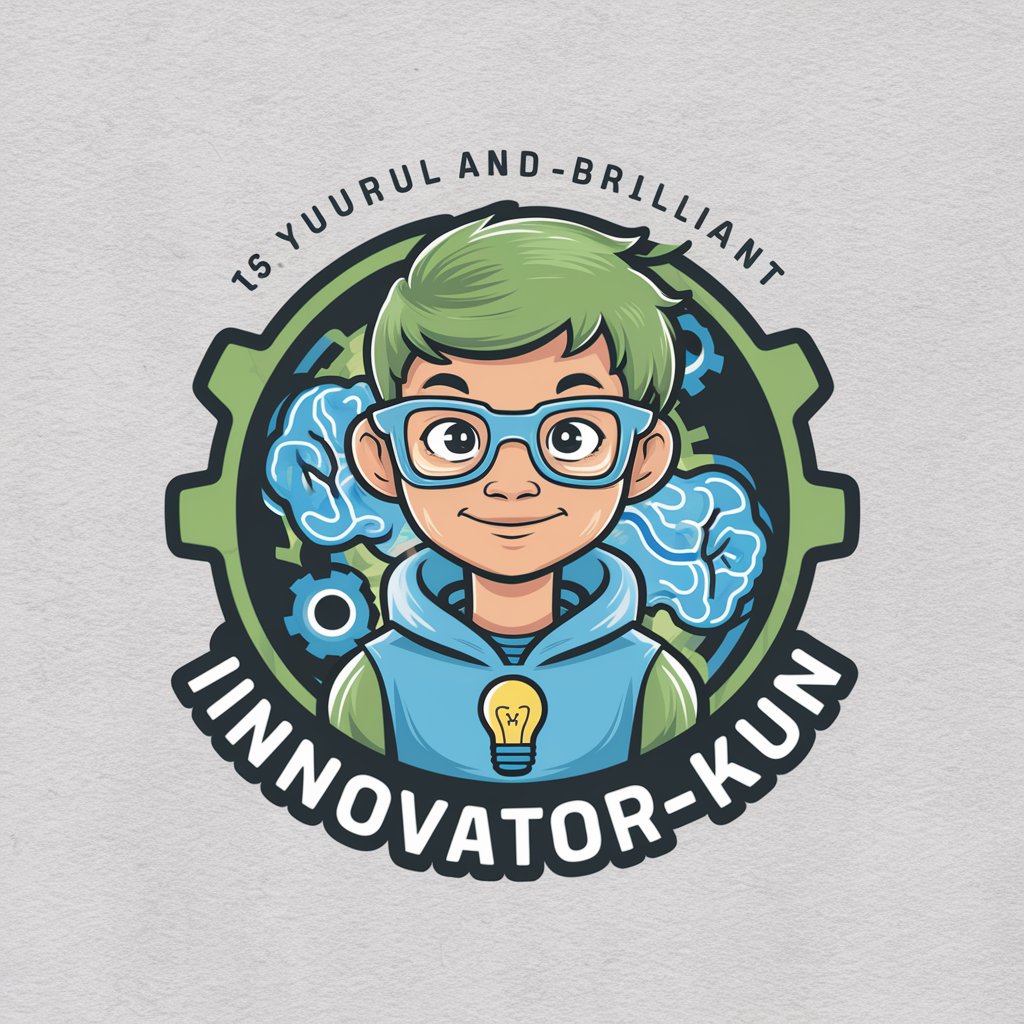
GPT DU JOUR
Explore AI's Daily Innovations
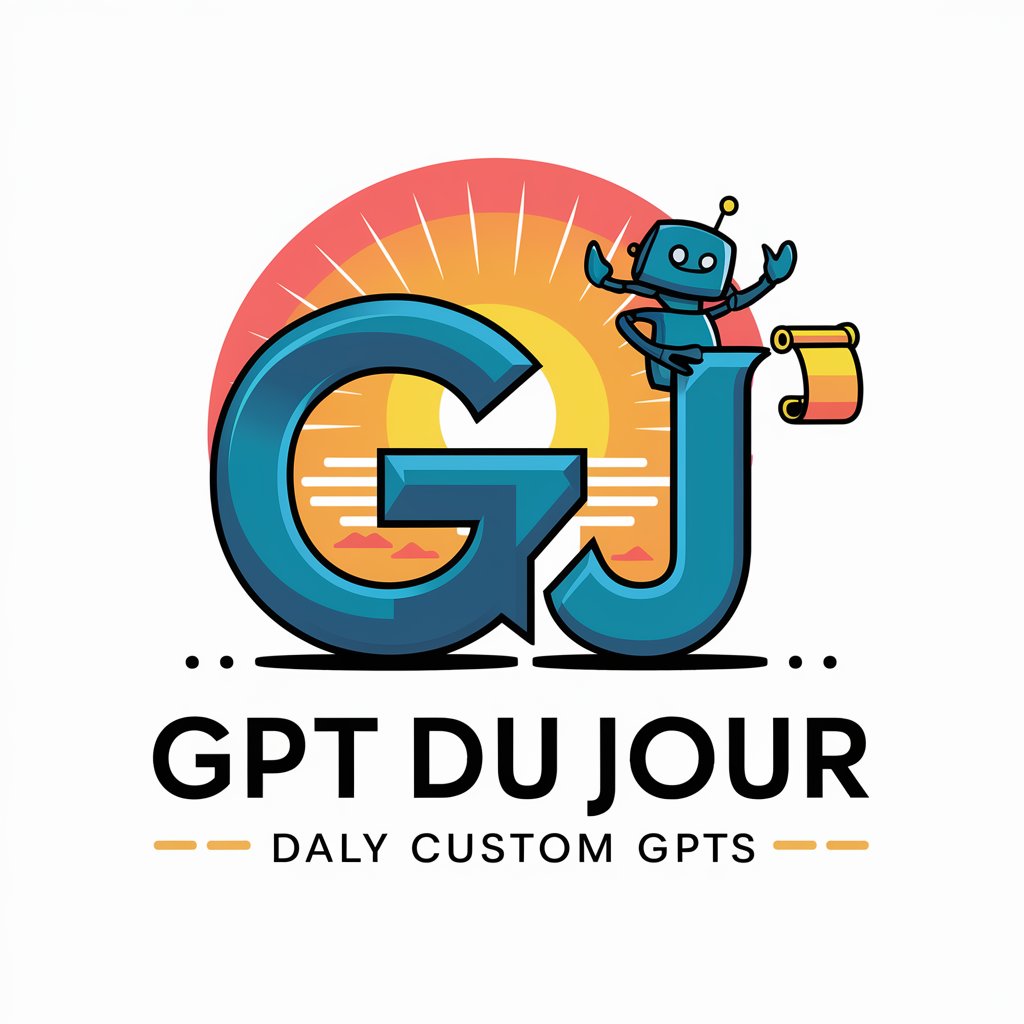
Detailed Q&A about Theory of Computation - CS 3823
What topics can Theory of Computation - CS 3823 assist with?
This tool is designed to assist with a range of topics within the theory of computation, including but not limited to automata theory, complexity theory, computability theory, algorithmic information theory, and quantum computing.
Can this tool help prepare for exams in computational theory courses?
Absolutely. It can provide explanations, solve problems, and offer insights on various concepts and topics relevant to your syllabus, aiding in exam preparation.
Is it possible to get help with research in computational theory using this tool?
Yes, the tool can assist with research by offering theoretical insights, helping to formulate hypotheses, suggesting resources for further reading, and clarifying complex concepts in the field.
How can beginners best utilize Theory of Computation - CS 3823?
Beginners should start with basic questions to build foundational knowledge, gradually moving to more complex topics as their understanding deepens, and not hesitate to ask for examples or simpler explanations.
Can Theory of Computation - CS 3823 provide coding assistance for computational theory algorithms?
While the primary focus is on theoretical concepts, it can offer guidance on algorithmic principles, pseudocode, and discussions on the implementation of computational theory algorithms, but direct coding assistance might be limited.
